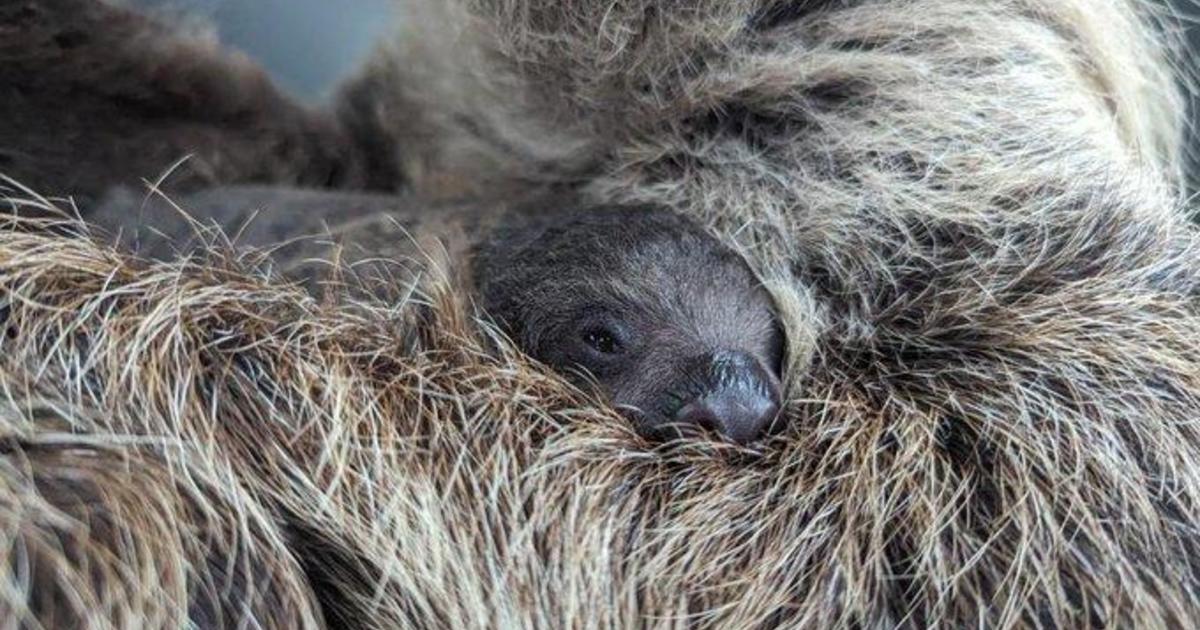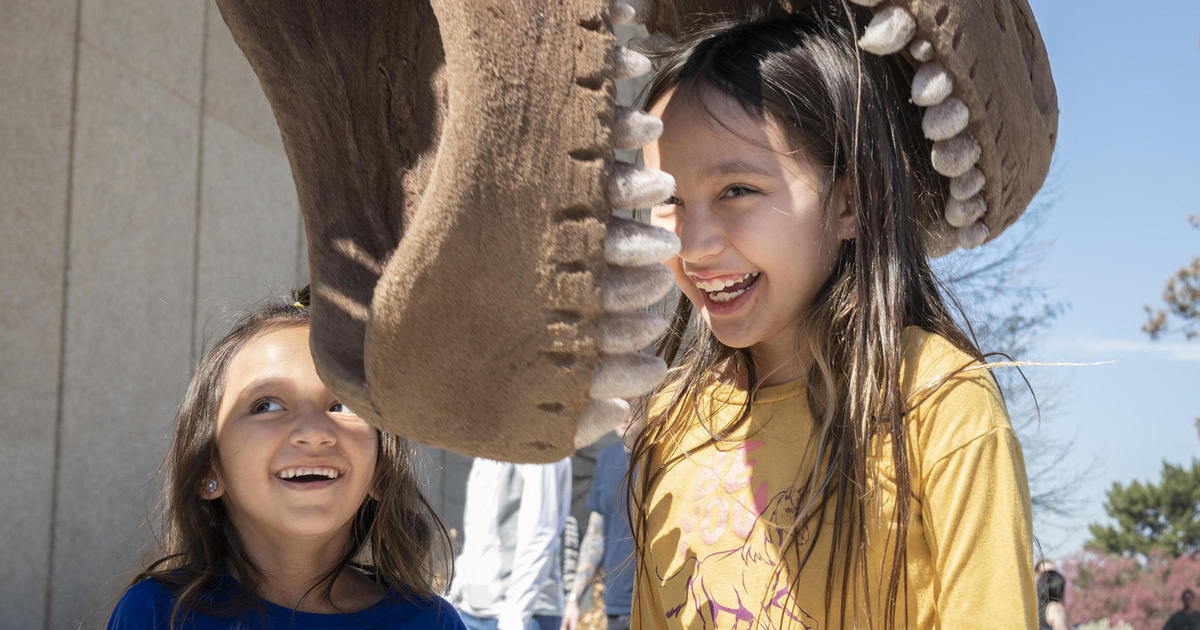What To Do When Encountering A Bear
DENVER, Colo. (CBS4)- Colorado has a healthy population of bears. There are 16,000 to 18,000 bears roaming around looking for food from April to Thanksgiving.
This year experts predict the chances of bear encounters will increase because food supplies are low.
Colorado Parks & Wildlife said your chances of a bear encounter increase when you leave attractants around your home or camp site. Those items include trash, food wrappers, bird and dog food, even lip balm.
Sweet smells will also attract a bear. A bear's nose is 100 times more sensitive than a human nose.
Maureen Hirsch, an Aspen woman, was the victim of a bear attack inside her home in 2009.
"I was working late that evening in my office," said Hirsch. "I heard the dog start to have a low growl."
Hirsch walked into a foyer of her home late at night, the lights were low.
"As I went to flick on the light in the kitchen, the head of a bear came out of the darkness. I was looking down at a bear," said Hirsch.
Frozen with fear, Hirsch moved slowly but as she turned away the bear charged her, pushing her up against a bench and wall.
"He got up on his hind legs and scratched over my right shoulder and my breast," said Hirsch.
That's when she started screaming and felt pinned against the corner of the room.
Hirsch said she managed to move past the bear and go upstairs where she called for help. After the encounter she noticed the bear broke into the house through a French door on the patio. He left the same way he came in.
Colorado Parks & Wildlife say bear encounters are becoming increasingly common in our state.
Jennifer Churchill, a Wildlife Manager with Colorado Parks & Wildlife, says there are a lot of neighborhoods now sitting in the middle of bear country.
"As Colorado grows we find people living in bear habitat," said Churchill. "Unfortunately a lot of folks don't want to call us and tell us they're having activity because they're concerned we will come out and remove the bear. That's not our preferred way of managing the animals."
Since 1960, 54 people have been injured and three more have died from bear encounters in Colorado.
"They are out there looking to pack on the pounds," said Churchill.
She refers to the bears as 'walking stomachs'.
"They want to eat tons of calories in order to make it through the next year," said Churchill.
Bears make their way into the suburbs through corridors of creeks, rivers and drainage systems from the High Country.
Other bears are living in their natural habitat among homes in certain towns, like Aspen.
"I really felt helpless because I didn't really know what to do other than scream," said Hirsch.
Wildlife officials recommend not screaming during a bear encounter. Instead, they recommend that you make yourself look big, back up slowly and give the animal a place to exit. Generally the bears want to get away from people.
There are ways to deter bears from coming near your home. Install motion detector lights, be noisy or play a radio and use scent deterrents like bleach or ammonia fumes in or near your trash.
RELATED LINK: wildlife.state.co.us/WildlifeSpecies




